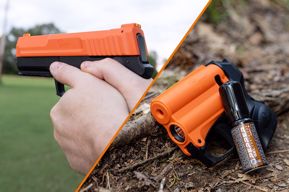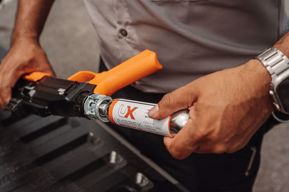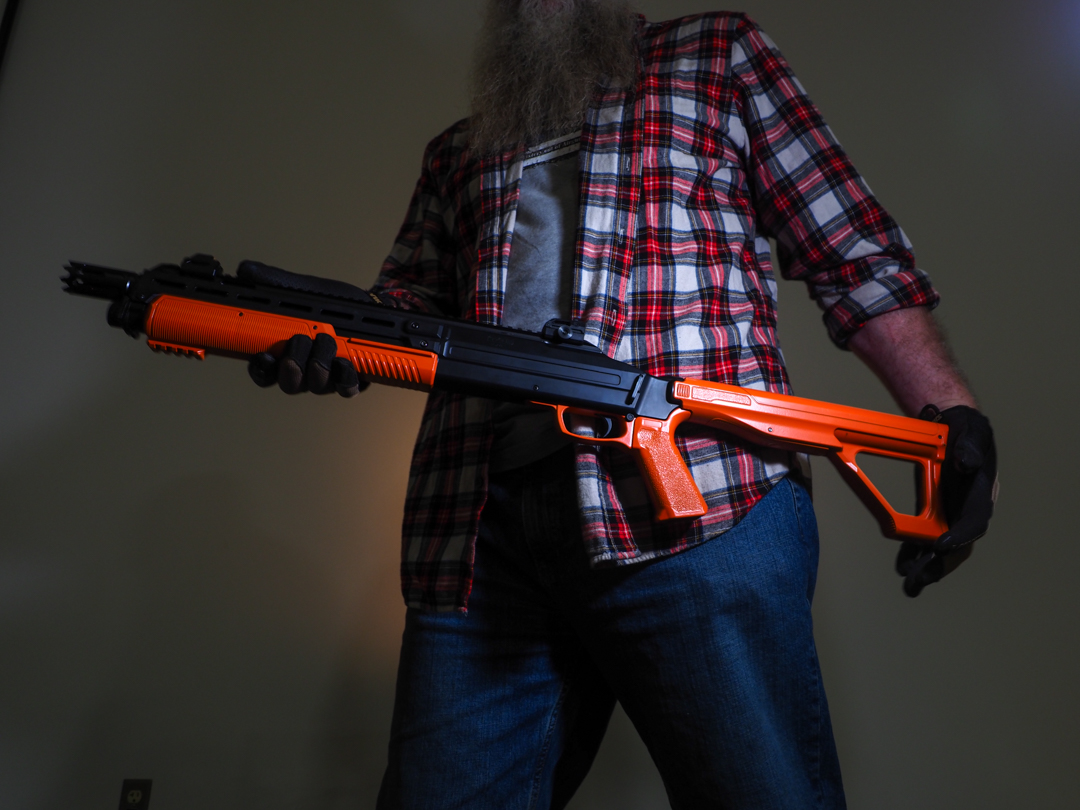When self-defense tools like pepper sprays or pepper-ball guns come into question, ignorance of the law isn’t a valid defense. Even less-lethal devices are governed by complex—and sometimes surprising—legal restrictions. Understanding what is and what isn’t permitted can mean the difference between lawful protection and criminal liability. Let’s unpack some key jurisdictions and their specific rules.
1. General U.S. Landscape
Across the United States, pepper spray is legal in all 50 states, but this broad allowance comes with important state-level caveats and restrictions.(iprotectt.com, Pepper Spray Laws) Minimum age, container size, chemical strength, and permissible locations all vary widely. Some states even prohibit certain individuals—like convicted felons—from owning these devices.(LegalClarity)
2. Florida: Pocket-Sized Peace of Mind
Florida stands out as a relatively permissive example. Under state law:
· You may carry pepper spray up to 2 ounces either open or concealed, without a permit.
· Such pepper spray is legally classified as a “self-defense chemical spray”—and thus not considered a weapon under Florida statutes.(selfdefensemall.com, Wikipedia)
In one illustrative case, an 11th-grade student was removed from class and searched; officials discovered both a functional taser and a canister of pepper spray—both classified as weapons when brought onto school property in Florida. This highlights another crucial caveat: devices legal for general carry may still be prohibited in specific locations, like schools. The student’s case underscores how transporting such items into restricted zones can trigger serious disciplinary or legal action.
3. California: Size Limits & Licensing Barriers
In California, laws are more nuanced:
· Penal Code §§ 12400–12460 allow civilians to carry pepper spray of up to 2.5 ounces net weight.(Wikipedia)
· However, certain people—such as minors under 16, convicted felons, or those with prior assault or misuse convictions—are barred from possession.(Wikipedia)
Beyond pepper spray, California also addresses pepper-ball guns. These projectile launchers, though similar in appearance to paintball or airsoft weapons, are technically legal—but come with their own restrictions:
· Must be purchased from a licensed vendor.
· Buyers must be 18 years or older.(CGAA)
This reflects California’s layered approach: admissible self-defense tools must meet age, source, and possession criteria to remain lawful.
4. New York: Pharmacy-Only Pepper Spray
New York enforces particularly strict rules:
· Only individuals 18 or older may legally possess pepper spray.
· The spray must contain no more than 0.67% capsaicin.
· Purchases are limited to in-person transactions at a pharmacy or licensed firearm retailer—mail-order or online sales are prohibited.
· Sellers must maintain a record of each sale.(selfdefensemall.com, Wikipedia)
What’s more, using pepper spray against a public official in New York is a class-E felony—highlighting how misuse can elevate criminal consequences.(Wikipedia)
5. Pepper-Ball Guns: A Different Beast
Pepper-ball guns launch irritant-filled projectiles (like PAVA powder) over distances, often powered by compressed gas. Legally:
· Federal law does not classify them as firearms—no registration or background check is required.(Urban Safety Solutions |)
· Yet state and local laws vary widely: some jurisdictions treat them like air guns or non-lethal weapons, while others err toward stricter regulation. Permits may be required if they’re classified akin to firearms.(TheGunZone)
For example, open carry of a pepper-ball gun may be legal in one area and prohibited in another—especially in sensitive zones like schools, government buildings, or airports.(TheGunZone)
Felons face additional complications: while federal law doesn’t specifically prohibit felon ownership, some states do extend firearm-style restrictions to pepper-ball weapons.(LegalClarity)
6. Why Legal Awareness Matters
Without awareness, someone might:
· Carry a laminate-legal pepper spray canister into school grounds—seemingly harmless, yet illegal.
· Purchase a pepper-ball pistol in one state—unaware that neighboring jurisdictions treat it as a restricted weapon.
· Leave a lawful canister at home—but inadvertently bring one when traveling interstate, violating vastly different state laws.
Summary Table
|
State/Category |
Pepper Spray Rules |
Pepper-Ball Gun Notes |
|
Florida |
≤ 2 oz, no permit, not a weapon; schools excluded |
Must check local restrictions (e.g., schools) |
|
California |
≤ 2.5 oz, certain individuals disqualified from possession |
Legal with age ≥18 and licensed seller requirement |
|
New York |
≤ 0.67% capsaicin, ≥ 18, pharmacy-only in-person purchase |
Severe felony if used against public officials |
|
Nationwide Summary |
Legal in all states with restrictions by size, age, etc. |
Pepper-ball guns sit in gray area—state rules vary widely |
Final Word
Navigating the legal landscape of less-lethal tools demands vigilance. Even when tools are intended for protection, laws vary dramatically by location—and omission of a permit, an age requirement, or a local restriction can have grave consequences. Always research and comply with relevant state statutes and local ordinances before purchasing, carrying, or using devices like pepper spray or pepper-ball guns. Knowledge isn't just power—it’s protection.
Staying informed is your best defense.




